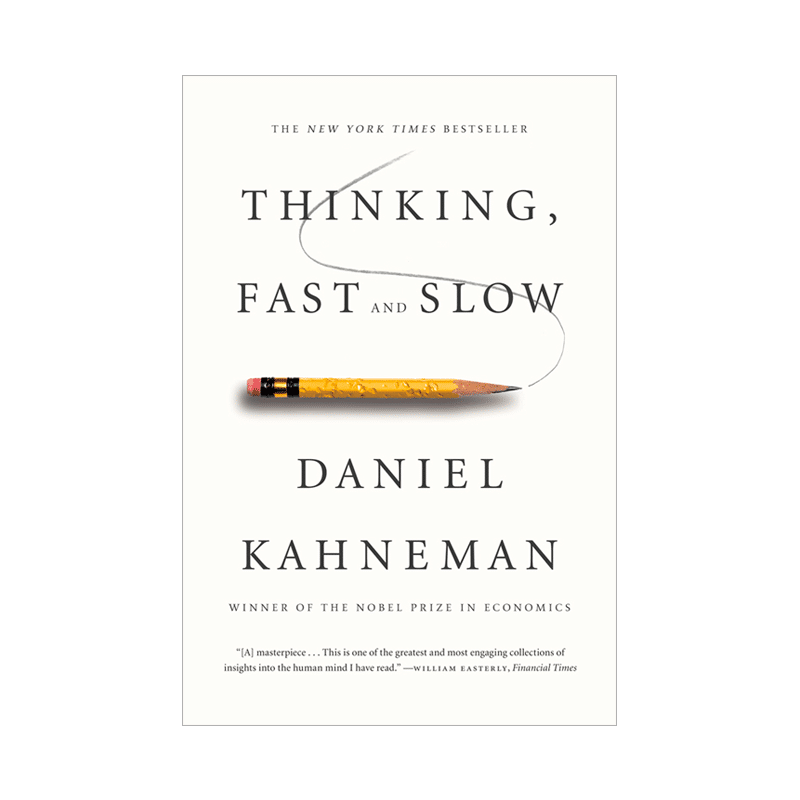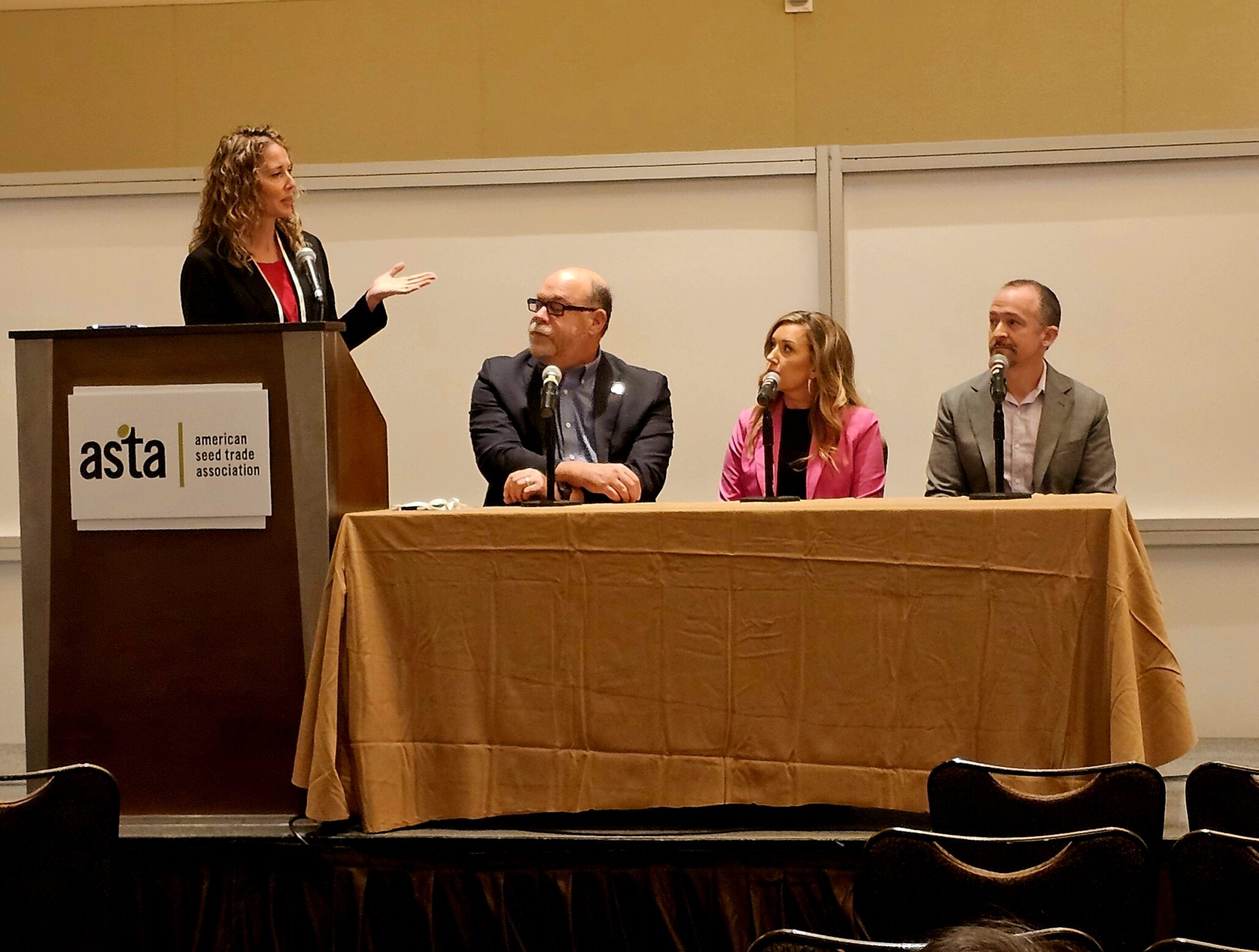Consumers love technology, so much so that they’re projected to spend $1.69 trillion in 2019. To say they get excited about it is an understatement … that is until it comes to food and agriculture.
“Back in 2000, when I was living in Wisconsin was this place called Willy Street Co-op, and it was as green granola crunch as you get. I loved going there — consumers had to buy-in — but they were against technology in food and agriculture. So I thought, why don’t I just host a little get together in the community room and share what I know about technology and food.
“I made a mistake that many scientists make. I was arrogant, I was speaking over their heads and I buried them with information. What I was trying to do was to make them feel better, but I actually made them feel a lot worse.”
Fast forward 17 years, and Kevin Folta says he still makes mistakes but has made this his life’s passion: speaking about science and technology as it relates to food and agriculture.
“Guess how many minds I changed that day? Zero,” Folta says. “I made the same mistakes for years.”
Since that time, he’s read, studied, researched and educated himself about how to engage in conversations about science with a non-science audience.
Today, he’s a professor and chairman of the Horticultural Sciences Department at the University of Florida. He is a contributor on GMOanswers.com, host of the Talking Biotech Podcast and author of the blog Illumination. Folta uses these outlets to help share information about how food is grown and the science behind it.
Consumers are seeking information or listening to conversations about pesticides, antibiotics, hormones, fertilizer, gluten, neonics, gmos, BPA (Bisphenol A) and MSG (Monosodium glutamate).
These conversations “could benefit from scientists stepping in and getting involved,” Folta says, “but we are not always the best communicators.”
Tips to Talk About It
So what has Folta learned through the years? He says there are a couple keys to having a positive conversation about food, technology and science.
1. Earn trust and build rapport. “The most scary thing for me as a scientist is to realize that facts don’t matter at all,” Folta says. “Facts don’t matter to the consumer until you establish trust —that’s what it all boils down to.” The public is skeptical of science, but they trust scientists and farmers. To earn trust and build rapport, one must listen, show empathy, and affirm shared values and dreams.
2. Show intellectual charity. This means that you know both sides of the debate and as much information surrounding the topic as possible. Folta says you go so far as to give them the information they can use against you. “This provides them with a sense of power and control in the conversation,” he explains, noting that it all circles back to trust and rapport.
3. Use the right evidence. In short, Folta says this means appealing to the heart and focusing on the greater good. For example, don’t focus on how safe GM papayas are but instead how GM papayas saved the industry in Hawaii. He says it’s also important to keep in mind that most people are loss averse, meaning they feel worse about losing $10 than they do better about gaining $10. This is important to keep in mind when talking about technology in agriculture, Folta says.
4. Amplify and network. Even if you’re not generating your own content, republish or promote the good work of others. Folta encourages others to amplify the message of farmers who are sharing their on-farm experiences and connecting with curious consumers.
5. Know how to deal with critics. It’s not all fun and games. “As you begin to step into a controversial space, and talk about technology that goes around food and farming, people are going to push back. What’s important is how we respond to these criticisms. We can’t do what feels natural like ignoring or blocking them. We shouldn’t push back. We have to listen, and we have to engage.”
When the criticism does come, Folta says it’s extremely important not to let it get personal. “Remember, you’re advocating on behalf of an issue,” he says. “It’s not about you, even though it might feel like it.”
Folta’s Recommended Reading
Check back for more from Kevin Folta.














